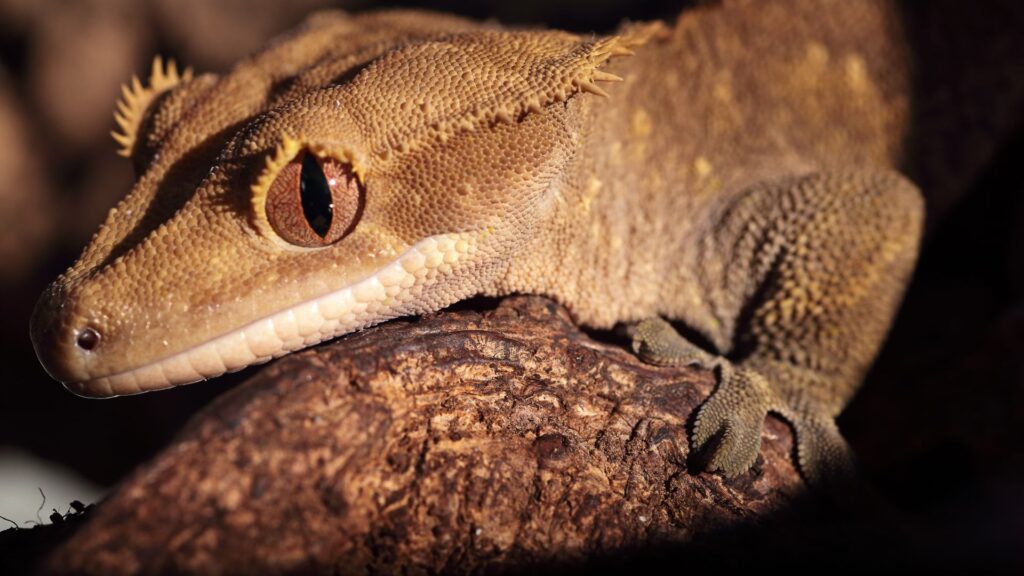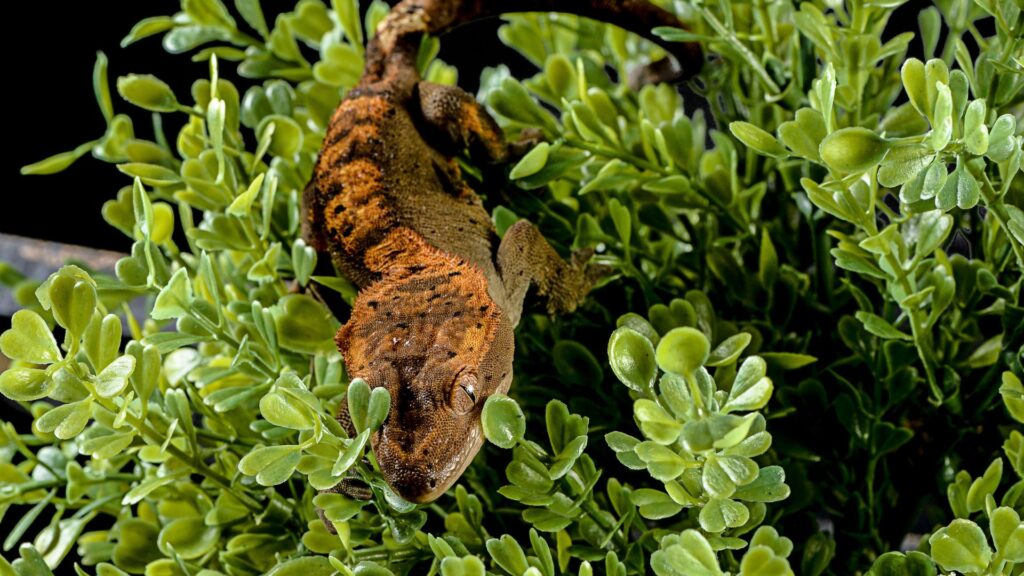
Key Takeaway:
- Temperature and humidity are crucial for the health and activity of crested geckos.
- Illness or injury can cause crested geckos to become less active and lethargic.
- Stress can also affect the behavior of crested geckos, and it’s important to avoid overhandling and provide a comfortable environment.
Crested geckos are fascinating and low-maintenance pets that have become increasingly popular in recent years.
These small, colorful lizards are known for their distinctive crest on their head and their ability to climb smooth surfaces with ease.
However, as with any pet, it’s important to keep an eye on their behavior and health.
If you notice that your crested gecko is not moving as much as usual or seems lethargic, it could be a sign of an underlying issue.
In this article, we’ll explore some of the common reasons why your crested gecko might not be moving and what you can do to help them feel better.
Why Is Your Crested Gecko Not Moving?
If you’ve noticed that your crested gecko is not moving as much as usual or seems to be lethargic, there could be several reasons why.
Here are some of the most common factors that could be affecting your pet’s behavior:
Temperature
Crested geckos are cold-blooded animals and require a specific range of temperatures to stay healthy and active.
If the temperature in their enclosure is too low, they may become sluggish and less active.
On the other hand, if the temperature is too high, they may become stressed and seek out cooler areas to rest.
Humidity
Crested geckos also require a certain level of humidity to stay healthy.
If the humidity in their enclosure is too low, it can cause dehydration and make it harder for them to move around.
Conversely, if the humidity is too high, it can lead to respiratory problems and other health issues.
Illness or injury

Like any animal, crested geckos can become ill or injured, which can cause them to become less active.
Common health issues in crested geckos include respiratory infections, digestive problems, and metabolic bone disease.
Injuries, such as broken bones or cuts, can also affect their mobility.
Stress
Crested geckos can become stressed by changes in their environment, such as a new enclosure, new food, or a change in routine.
This can cause them to become less active and hide away.
What To Do If Your Crested Gecko Isn’t Moving
If your crested gecko is not moving or seems lethargic, there are several steps you can take to help them feel better.
Here are some tips to consider:
Check the temperature
Ensure that the temperature in their enclosure is within the recommended range of 72 to 78 degrees Fahrenheit during the day, and not below 65 degrees Fahrenheit at night.
Consider using a thermometer to monitor the temperature and adjust the heating or cooling elements accordingly.
Monitor humidity levels
Ensure that the humidity in their enclosure is between 50-70%. Consider using a hygrometer to monitor humidity levels and adjust it by misting or adding a water dish.
Inspect for signs of illness or injury
Look for any physical signs of illness or injury, such as runny nose, wheezing, difficulty breathing, or cuts.
If you notice any of these symptoms, consult with a veterinarian that specializes in reptiles.
Provide a comfortable environment
Ensure that their enclosure provides a comfortable environment with adequate hiding places, climbing opportunities, and appropriate substrates.
Offer appropriate food and water
Provide your crested gecko with fresh water, and ensure that they are getting a balanced diet that includes a variety of live insects, fruit, and commercial gecko food.
Avoid overhandling
Avoid handling your crested gecko too much or too often, as this can cause stress and affect its behavior.

FAQs
Why Is My Crested Gecko Pale And Not Moving?
Possible reasons could be that they are too cold, too hot, stressed, ill, or have an underlying health issue.
Consult with a veterinarian who specializes in reptiles if you notice any signs of illness or abnormal behavior.
Why Is My Crested Gecko Staying In The Same Spot?
Possible reasons could be that they are seeking a more comfortable temperature, are stressed, preparing to shed their skin, or just resting/sleeping.
Summary
In summary, there are several reasons why your crested gecko may not be moving as much as usual or seem lethargic.
These reasons can include temperature, humidity, illness or injury, and stress.
By monitoring their behavior and environment, offering appropriate food and water, and avoiding overhandling, you can help your crested gecko stay healthy and active.

